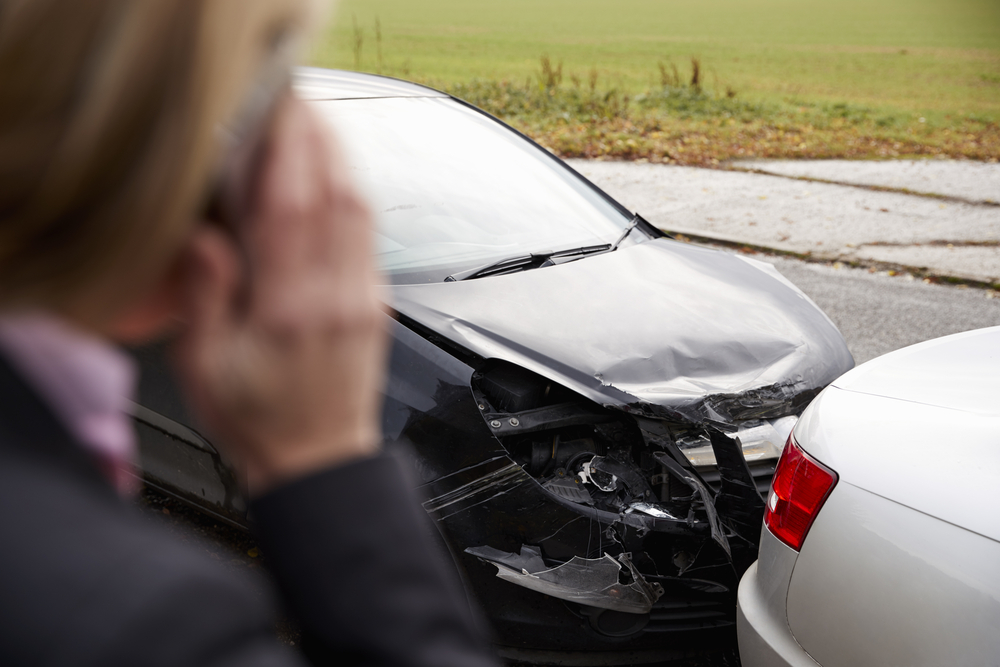Why Witness Statements Are Important
According to the International Risk Management Institute, eyewitnesses are the most valuable source of information about what happened in a collision for accident investigators, especially when the cause of an accident is unclear or when liability is in dispute. There are several reasons why getting witness statements can be critical for proving your claim.
Unbiased Third Parties
Witnesses at the scene of an accident are neutral parties. They are not associated with either of the parties involved and can provide an objective perspective of what happened. By contrast, you, the other motorist, and your respective passengers all have a stake in the outcome of the claim. Unlike the involved parties, witnesses do not have a vested interest in the case’s outcome and do not stand to gain anything by explaining what they saw. As a result, statements from eyewitnesses might be accorded greater weight by the insurance company and a potential jury than the statements you or the other driver might make about what happened.
Explaining What Happened in the Moments Leading to the Crash
Eyewitnesses have a different perspective than the parties in the involved cars. They can see the entire scene, including what both drivers are doing and what is happening just before a crash. For example, an eyewitness might notice a car speeding to try to go through a traffic light and then see the vehicle running a red light and colliding with another vehicle. The motorist who ran the light might believe that it was still yellow. This type of testimony can help to determine which party was at fault for causing the accident.
Demonstrating Your Innocence
In some cases, there might be questions about whether you might be partially at fault for an accident. If you were partially to blame, your recovery amount will be reduced by the percentage of fault that you held. Many insurance companies attempt to place at least a portion of the blame on injured car accident victims to try to devalue or deny their claims.
Getting a statement from eyewitnesses who saw what happened can help you discredit the claims made by the other motorist or show inconsistencies in what the at-fault driver said about what happened in the moments leading up to or during the collision. An eyewitness can also support your claim that you were innocent and did not share any of the blame for your collision.
Helping to Preserve the Facts of What Happened
Witnesses sometimes help car accident victims preserve the facts of what occurred during their collisions. With smartphones being nearly ubiquitous, many witnesses might take photographs or record videos of collisions as they occur from their viewpoints. This type of information provided together with a recorded or written statement might be very persuasive to an insurance company and encourage it to offer a fair settlement.
Seeing Things You Didn’t See
Since witnesses are outside of both vehicles, they have a better opportunity to observe what the drivers are doing in the moments before a crash. A witness might notice that one of the drivers was talking or texting on his or her cell phone right before colliding into another vehicle. Witnesses might also see drivers violating other traffic laws that result in collisions, including speeding, racing, weaving, or following other vehicles too closely. The ability of eyewitnesses to see the events from outside of the involved vehicles provides additional perspective about what happened and who was at fault.
Helping to Validate Your Injuries
Some insurance companies try to claim that the victims’ injuries are not as severe as they claim. They might also try to argue that their injuries were caused by a different incident other than the collision. If a witness saw your accident, he or she might be able to talk about his or her observations about your behavior and actions at the scene of the collision. For example, a witness might be able to talk about any expressions of pain that you made, your ability to move, and any visible injuries.
Talk to an Experienced Collision Attorney
If you were injured in a collision that was witnessed by someone else, you should try to gather his or her statement. Ask if you can record what he or she saw, and get his or her name, address, email address, and phone number. Your attorney can then follow up with the witness to learn more about your collision and his or her observations of what occurred. To learn more about your rights, contact the attorneys at the Law Offices of Bryan Musgrave by calling 417-322-2222.
P.S. If you witnessed a car crash, check out our blog post What to Do If You Witness a Car Accident.

